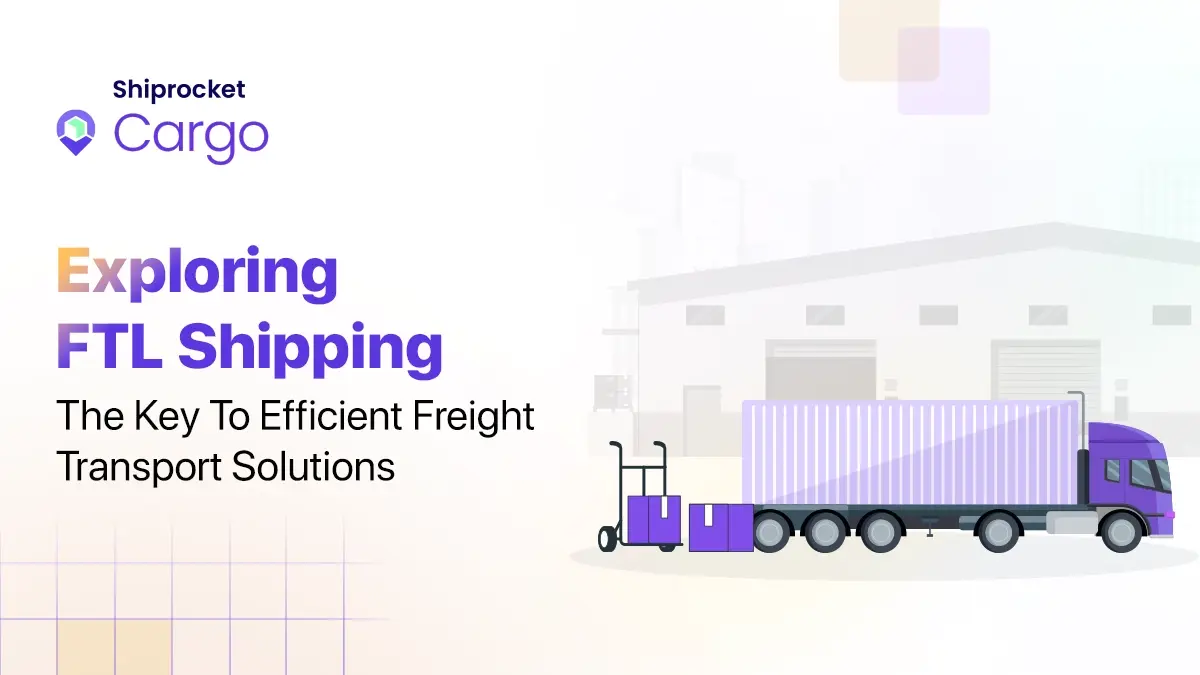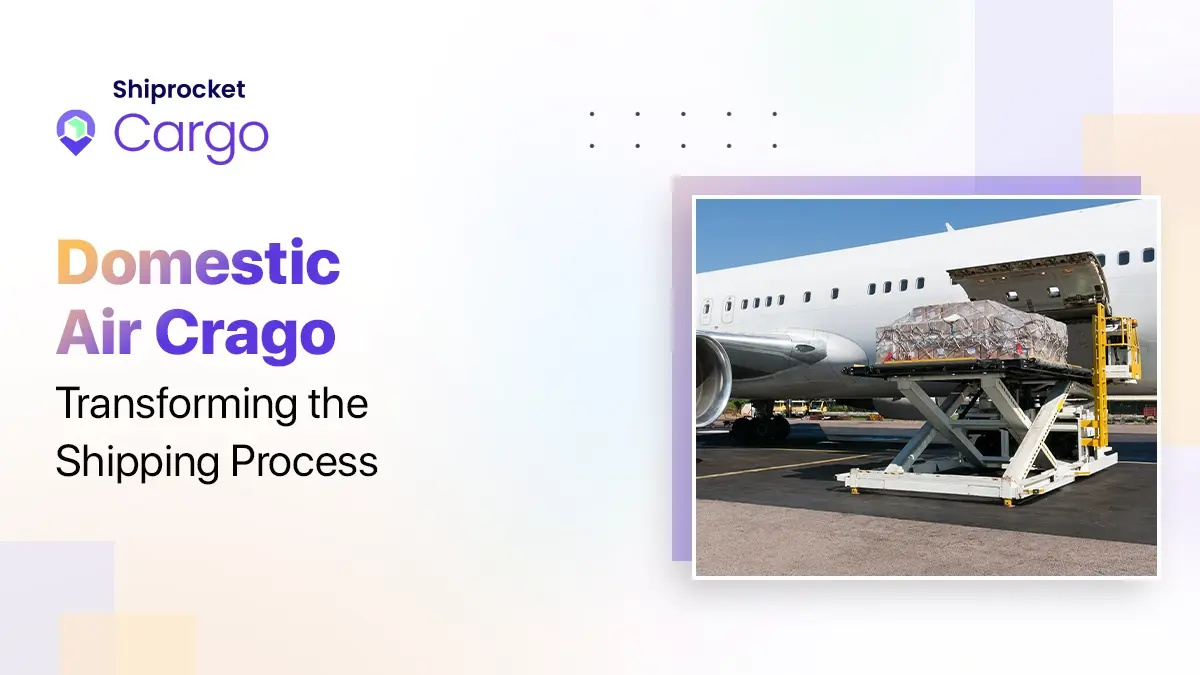Top 6 Supply Chain Trends to Look Forward to in 2024

The supply chain industry is set to witness some major changes in 2024, driven by technological advances, shifting consumer behaviour, and new business models. The increasing adoption of artificial intelligence and automation will significantly optimise operations and streamline supply chain management. Sustainability and ethical practices will also be in the spotlight as companies strive to minimise their carbon footprint and ensure that their supply chains are socially responsible.
The growth of e-commerce and omnichannel retail will also continue to drive change as retailers strive to meet customers’ demands who expect seamless shopping experiences across multiple channels.
The emergence of blockchain technology in the supply chain will bring greater transparency, security, and efficiency to the industry. With these trends shaping the future of supply chain management, companies will need to focus on agility and resilience to stay ahead of the curve and thrive in an ever-changing landscape.
If you want your supply chain to be managed by a B2B company, you can sign up with Shiprocket Cargo today!
What is Supply Chain?
A supply chain is a network of entities, directly or indirectly interlinked and interdependent, involved in the provision of a product or service. From the delivery of source materials to raw material suppliers to the delivery of the final product and finally to the end customers.
The goal of the supply chain is to ensure that products or services are delivered to customers in a timely, cost-effective, and efficient manner while meeting their quality requirements.
Related: B2B E-commerce Supply Chain Management
The Supply Chain Trends Shaking Up 2024
Here are the top supply chain trends expected to shape the industry in 2024:
1. Adoption of AI and Automation
The adoption of AI and automation in the supply chain is one of the prominent trends that businesses must look out for in 2024 because of the following reasons:
- Optimization of Operations: AI and automation can help companies optimise operations by streamlining processes, reducing errors, and increasing efficiency.
- Improved Decision-Making: AI can analyse large amounts of data in real-time and provide insights that can help with better decision-making in the supply chain.
- Increased Productivity: Automation can help companies increase productivity by reducing the time and effort required for manual tasks, freeing up resources for more strategic activities.
- Cost Savings: Automation can help companies save costs by reducing labour and operational expenses, improving the bottom line.
- Customer Satisfaction: AI and automation can help companies improve customer satisfaction by providing more accurate and timely information, reducing delivery times, and ensuring the quality of products and services.
2. Focus on Sustainability
Sustainability is becoming a key supply chain trend in 2024 as companies look to reduce their carbon footprint and meet growing customer demands for environment-friendly products. In response to increased regulations and consumer pressure, companies are investing in sustainable sourcing, reducing waste, and adopting green technologies to enhance their supply chain operations.
The trend towards sustainability is also driven by the need to protect natural resources and reduce the impact of business operations on the environment. Companies recognize that focusing on sustainability benefits the environment and can improve brand reputation, increase competitiveness, and lead to long-term cost savings.
3. Growth of E-commerce
The growth of e-commerce is a significant supply chain trend in 2024 as online shopping continues to become more prevalent globally. The rise of e-commerce has had a profound impact on supply chain operations, requiring companies to adapt and improve their delivery processes to meet the demands of online consumers.
The trend is driven by increased internet penetration, advancements in mobile technology, and the need for convenient, fast, and reliable delivery options. To meet the growing demand, companies are investing in new technologies, such as automation and AI, to streamline their supply chain operations and ensure efficient delivery of products to customers. This shift in e-commerce is reshaping the retail industry and changing how goods are manufactured, distributed, and sold.
Grow your business with Shiprocket Cargo today! Sign up now.
4. Expansion of Industry 4.0 and IoT
The expansion of Industry 4.0 and IoT will be a major supply chain trend in 2024 as companies aim to leverage technology to optimise their operations. Integrating connected devices, advanced analytics, and automation enables companies to increase efficiency, reduce waste, and improve the flow of goods throughout their supply chain.
The trend is driving innovation and transformation in the industry. Companies seek to capitalise on the opportunities offered by Industry 4.0 and IoT to remain competitive in a rapidly changing marketplace.
5. Emergence of Blockchain
The emergence of blockchain is a key supply chain trend in 2024 as companies seek to enhance transparency, security, and efficiency in their operations. Blockchain technology allows for a secure and tamper-proof record of transactions and data, making it ideal for tracking the movement of goods throughout the supply chain.
The technology can help reduce the risk of fraud, increase supply chain visibility, and improve stakeholder collaboration. The trend toward blockchain is driven by the need to address challenges in the supply chain, such as increasing globalisation, complex logistics, and evolving customer demands.
Related: Strategies for B2B Logistics to Reduce Freight Cost
6. Focus on Agility and Resilience
Focus on agility and resilience in supply chain has become a trend in 2024 due to the impact of COVID-19 on global supply chains. The pandemic highlighted the need for flexibility and quick response to disruptions, leading companies to prioritise agile and resilient supply chain strategies to ensure business continuity. This includes increasing supplier diversity, adopting technology, and implementing contingency plans.
These trends are expected to impact the supply chain industry in 2024 significantly and beyond, driving innovation, efficiency, and customer satisfaction.
How Shiprocket Cargo Helps In Supply Chain?
Shiprocket Cargo helps in supply chain by providing outsourced logistics services such as transportation, warehousing, and inventory management. This allows companies to focus on their core business operations while relying on the expertise and resources of a specialised logistics provider. By partnering with a B2B company, you can increase efficiency, reduce costs, improve delivery times, and enhance the overall customer experience.
Conclusion
2024 is expected to bring advancements in automation, sustainability, and resilience in supply chain operations. Digitization, greater collaboration, and innovation will be keys to staying ahead of changing customer demands and market disruptions. Companies will focus on building flexibility, agility, and smart logistics solutions.
Frequently Asked Questions
Q1. What will supply chain trends look like in 2024?
A1. In 2024, supply chain trends will focus on automation, sustainability, digitization, collaboration, innovation, flexibility, and agility to stay ahead of changing customer demands and market disruptions.
Q2. What are the biggest supply chain risks for 2024?
A2. Lack of transparency, geopolitical instability, rising labour costs, natural disasters, trade tensions, and increasing demand for environmentally sustainable supply chains are major risks for 2024.




